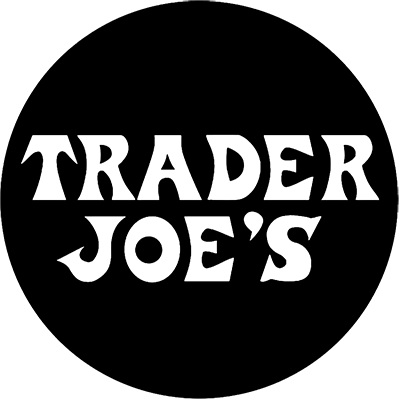Tags
#Salary
Pay unfairly
Google knows from experience that two people doing the same work can make drastic differences in impact. For this reason, compensation is determined by impact—not tenure or title. This results in higher performing employees receiving much larger bonuses than less impactful employees.
However, to avoid a culture of jealousy and resentment, Google ensures that impact is measureable and employees have a clear understanding of ways they can improve. In order to do this, managers:
- Set clear objectives with measurable results for each job role
- Provide regular check-ins to give staff an understanding of where they are in their progress
- Have staff fill out self-assessments each year
- Have peers provide 360-degree feedback on the employee's strengths, weaknesses, and contributions to specific projects
Managers then hand over this data to a committee to make the final decision on compensation. By using committees, Google has found that this helps to avoid bias and also removes any frustration being targeted directly at the manager by underperforming employees.
Encourage your employees to interview elsewhere
The rule at Netflix is that when recruiters call, before saying 'No thanks!' ask, 'How much?' As Netflix leaders see it, the person that should know your market worth best is you, not HR. By encouraging employees to interview elsewhere, Netflix can know if they are truly paying top of market. Netflix even developed a database where employees can add their salary offers from recruiters and interviews.
As Reed Hastings put its: “It’s disloyal to sneak around and hide who you are speaking to, but openly interviewing and giving Netflix the salary data benefits all of us.”
Pay top of market
Why hire 10 average engineers, when you can hire one "rock-star" who will make a bigger impact than all of the others combined. To hire and retain top talent, Netflix doesn't use a rigid compensation system with salary bands or merit increase budgets. Instead they:
- Pay top of market, in all cash. If you want stock, you can trade in some of your salary for discounted options.
- Adjust salaries only if the market changes. Some salaries may stay flat for years while others grow dramatically in a short time.
- Don't offer year-end bonuses, equity, refreshers, or other forms of compensation. Your salary is your salary.
- Fire adequate performers to afford top talent.
- Encourage staff to interview regularly to know how much they are worth.
- Make salaries public in the company to help employees know if they are fairly compensated.
Pay a high starting salary and give raises often
Understanding that "stores with more, better-paid staff have higher sales per square foot and per employee than stores that try to cut customer service costs," Trader Joe's founder Joe Coulombe made it a practice to:
- Pay both full-time and part-time employees well. To Trader Joe's "a distinction between full-time and part-time is a false dichotomy, when it comes to productivity." So no matter the role, crew members are paid competitively. Full-time employees earn over the median family income of the store's region. Hourly workers earn well above minimum wage.
- Give raises twice per year. Every August and February staff are reviewed and given feedback by fellow crew members, mates, and captains of the store. Based on their performances, they can receive raises that are equivalent to a 7% increase each year.
- Give generous bonuses to store managers. Bonuses don't have a limit and have exceeded 70% of their base pay. Managers, in fact, have the ability to make more than executives if their store does well. As Joe Coulombe sees it: "Unless a bonus system promises, and delivers, big rewards, it should be abandoned."
In an industry where the average turnover rate is close to 50%, these higher salaries have made it easy for Trader Joe's to attract quality workers and keep their turnover rate to less than 10%.
Take care of your employees during the worst of times
Besides benefits like health insurance, never expiring paid time off, and retirement plans for full- and part-timers, Trader Joe's also ensures that their crew are taken care of in times of disaster.
- When wildfires in California left one store badly damaged, rather than lay people off, Trader Joe's continued to pay staff for any shifts missed. This was not just for weeks but for the entire 13 months that it took to rebuild the store.
- During the early months of COVID when everyone was panic buying, Trader Joe's experienced a surge in sales. They took that extra money and put it towards a bonus pool that gave employees an extra $2 an hour. Even as sales eventually slowed to levels a little below normal, they changed the concept into 'thank you' pay where employees kept that extra $2 an hour for every 4th hour worked.
As Jon Basalone, president of stores, says: “We've been around for over 50 years, and we've never had layoffs. We stay true to what we know works for Trader Joe's and our crew members.”


